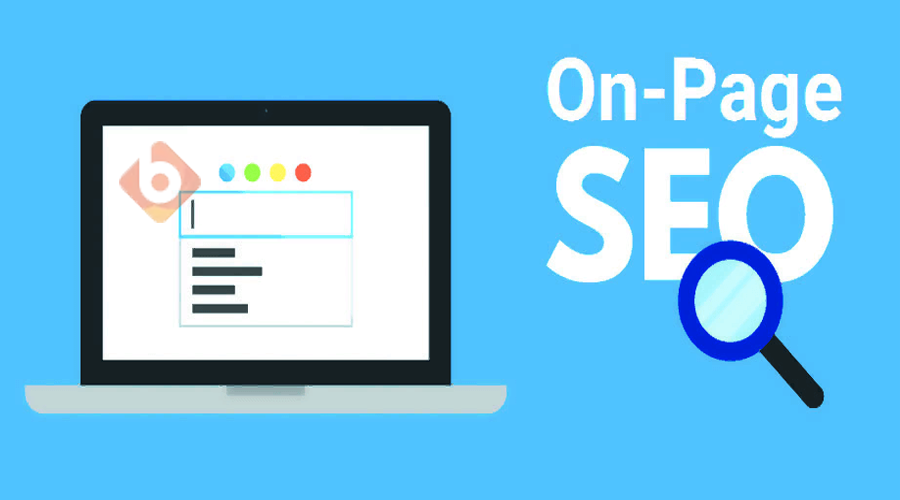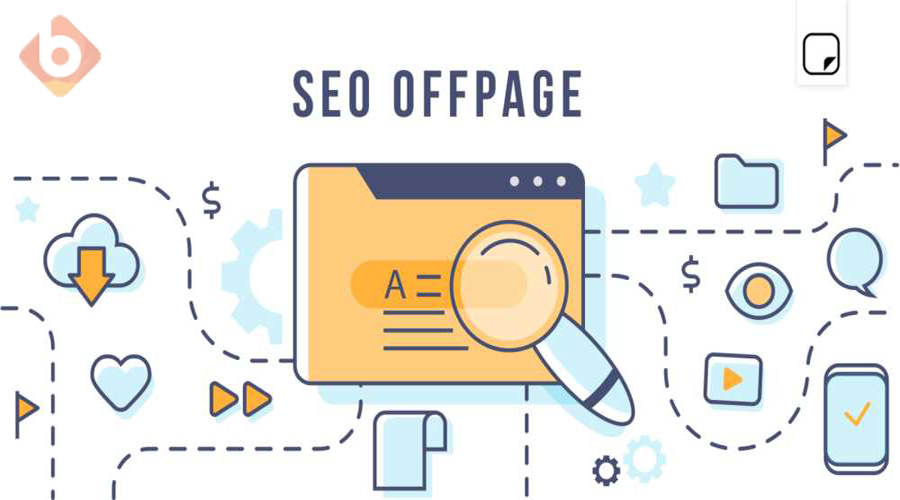If you want to create a website for your business, hobby, or personal brand, you might be tempted to use a free website builder. These are online platforms that allow you to design and publish your own website without any coding or technical skills. Some of the most popular free website builders are Wix, Weebly, Canva, and WordPress.com.
But can you create a successful website with a free website builder? And more importantly, can you make your website rank well on search engines like Google and Bing? The answer is yes, but you need to know how to optimize your website for SEO (search engine optimization).
SEO is the process of improving your website’s visibility and relevance for search engines and users. It involves various aspects such as keyword research, content creation, on-page optimization, off-page optimization, and technical optimization. By applying SEO best practices to your website, you can increase your chances of getting more organic traffic, leads, and conversions.
In this article, we will show you how to do powerful SEO when using a website builder. We will also compare some of the best free website builders for SEO and provide you with a handy checklist to follow.
How to do powerful SEO when using a website builder?
Before we dive into the details of how to optimize your website for SEO with a free website builder, let’s first understand what SEO is and why it matters.
What is SEO?
SEO stands for search engine optimization. It is the practice of improving your website’s quality and relevance for search engines and users. The goal of SEO is to rank higher on the search engine results pages (SERPs) for the keywords and phrases that your target audience is searching for.
Search engines like Google and Bing use complex algorithms to crawl, index, and rank websites based on hundreds of factors. Some of these factors are related to your website’s content, such as the keywords, titles, headings, images, and links. Others are related to your website’s performance, such as the speed, security, mobile-friendliness, and user experience.
SEO helps you optimize your website for both content and performance factors so that you can provide the best possible answer to the searcher’s query. By doing so, you can increase your organic traffic (the traffic that comes from unpaid search results), which is usually more relevant and valuable than paid traffic (the traffic that comes from ads).
Can you rank on page one with a website builder?
Many people wonder if they can rank on page one of Google or Bing with a free website builder. The answer is yes, but it depends on several factors.
First of all, it depends on the competition level of your niche and keywords. Some niches and keywords are more competitive than others, meaning that there are more websites trying to rank for them. For example, ranking for “best laptop” is much harder than ranking for “best laptop for graphic design”. To rank for competitive keywords, you need to have a strong domain authority (a measure of your website’s credibility and popularity), which usually takes time and effort to build.

Secondly, it depends on the quality and quantity of your content. Content is king when it comes to SEO. You need to create original, relevant, useful, and engaging content that answers the searcher’s intent and provides value to them. You also need to create enough content to cover different topics and subtopics related to your niche and keywords. For example, if you have a website about gardening, you need to create content about different types of plants, tools, techniques, tips, etc.
Thirdly, it depends on the features and limitations of your website builder. Not all free website builders are created equal when it comes to SEO. Some offer more flexibility and control over your SEO settings than others. For example, some allow you to customize your URL structure, meta tags, headings, alt text, etc., while others don’t. Some also offer more integrations and plugins that can help you improve your SEO performance than others. For example, some allow you to connect your website with Google Analytics, Google Search Console, Yoast SEO plugin, etc., while others don’t.
In summary, ranking on page one with a free website builder is possible but challenging. You need to choose a low-competition niche and keywords, create high-quality and comprehensive content, and use a free website builder that offers good SEO features.
How to improve your website builder SEO?
Now that you know what SEO is and why it matters for your free website builder site let’s see how you can improve it. There are three main aspects of SEO that you need to focus on: on-page SEO, off-page SEO
On-page SEO
On-page SEO refers to the optimization of your web pages’ content and structure for search engines and users. It involves using keywords strategically in your titles, headings, body text, images, and links, as well as providing a clear and compelling meta description and title tag for each page.
Here are some tips on how to do on-page SEO with a free website builder:
Keyword research On-page
Keyword research is the process of finding out what words and phrases your target audience is searching for and how competitive they are. You can use tools like Google Keyword Planner, Ubersuggest, or Moz Keyword Explorer to generate keyword ideas and analyze their search volume, difficulty, and relevance.
Once you have a list of potential keywords, you need to choose the ones that match your niche, intent, and goals. You also need to group them into different categories and subcategories based on their topics and subtopics.
For example, if you have a website about vegan recipes, you can group your keywords into categories like:
- Vegan breakfast recipes
- Vegan lunch recipes
- Vegan dinner recipes
- Vegan dessert recipes
And then into subcategories like:
- Vegan pancakes
- Vegan sandwiches
- Vegan burgers
- Vegan brownies
You should aim to create one web page for each category or subcategory and use the corresponding keywords in your content.
How to SEO On page
On-page SEO refers to using your keywords strategically in your web pages’ content and structure. You should use them in:
- • Your URL: Your URL should be short, simple, and descriptive. It should include your main keyword and avoid unnecessary words or symbols. For example, a good URL for a vegan burger recipe page would be: https://www.domain/vegan-burger-recipe
A bad URL would be: https://www.domain/index.php?p=123&cat=vegan&id=456
• Your title tag: Your title tag is the clickable headline that appears on the SERPs. It should include your main keyword and a benefit or value proposition. It should also be between 50-60 characters long to avoid being truncated by Google. For example, a good title tag for a vegan burger recipe page would be:How to Make a Delicious Vegan Burger in 15 Minutes A bad title tag would be: Vegan Burger Recipe - domain

• Your meta description: Your meta description is the snippet of text that appears below your title tag on the SERPs. It should summarize what your page is about and entice the user to click on it. It should also include your main keyword and a call-to-action. It should be between 150-160 characters long to avoid being truncated by Google. For example, a good meta description for a vegan burger recipe page would be:
Learn how to make a mouthwatering vegan burger in 15 minutes with this easy recipe. You’ll love the juicy texture and savory flavor of this plant-based meal. Try it today!
A bad meta description would be: This page contains a vegan burger recipe.
• Your headings: Your headings are the subheadings that divide your content into sections and subsections. They help both search engines and users understand the structure and flow of your content. They should include your main keyword or variations of it and follow a logical hierarchy from H1 (the main heading) to H6 (the smallest heading).
For example: A good heading structure for a vegan burger recipe page would be:
H1: How to Make a Delicious Vegan Burger in 15 Minutes
H2: Ingredients
H3: For the patties
H3: For the buns
H3: For the toppings
H2: Instructions
H3: Step 1: Prepare the patties
H3: Step 2: Cook the patties
H3: Step 3: Assemble the burgers
H2: Tips and variations
A bad heading structure would be:
H1: Vegan Burger Recipe
H2: What you need
H2: How to do it
H2: Other ideas
Your body text: Your body text is the main content of your web page. It should provide useful information and value to the user. It should also include your main keyword or variations of it naturally throughout the text, without overusing or stuffing them. You should aim for at least 300 words per page, but more if possible. You should also use short paragraphs, bullet points, lists, quotes, or other formatting elements to make your content easier to read and scan. For example, a good body text for a vegan
Off-page SEO
Off-page SEO refers to the activities carried out outside of a website to improve its search engine rankings and increase its online visibility. It involves strategies that focus on acquiring backlinks from other websites, generating social media signals, and building online reputation through mentions and citations. Off-page SEO aims to enhance the website's authority, credibility, and popularity in the eyes of search engines, ultimately leading to higher organic search rankings and increased traffic.

To optimize off-page SEO, here are some key strategies you can follow:
Build high-quality backlinks: Focus on acquiring backlinks from authoritative and relevant websites. This can be achieved through techniques such as guest blogging, influencer outreach, and content promotion.
Social media engagement: Engage actively on social media platforms to promote your website and content. Encourage social sharing, participate in relevant discussions, and build a strong social media presence to generate social signals that indicate popularity and relevance.
Online directories and listings: Submit your website to reputable online directories and listings relevant to your industry. This helps to increase your online visibility, improve local SEO, and generate backlinks.
Content marketing: Create valuable, informative, and shareable content that naturally attracts backlinks. Focus on producing high-quality articles, blog posts, infographics, videos, and other forms of content that resonate with your target audience.
Influencer marketing: Collaborate with influential individuals or brands in your industry to reach a wider audience and gain exposure. This can involve guest contributions, interviews, or endorsements.
Online reputation management: Monitor and manage your online reputation by actively seeking and responding to customer reviews, participating in industry forums, and addressing any negative feedback or criticism.
Social bookmarking and content sharing: Submit your content to popular social bookmarking websites and encourage others to share it. This can help to increase your content's visibility and generate traffic and backlinks.
Local SEO optimization: If your business operates in specific locations, optimize your website for local searches. This includes creating and optimizing your Google My Business profile, obtaining local citations, and encouraging customer reviews.
Remember that off-page SEO takes time and effort. It's important to focus on building genuine relationships, creating valuable content, and following ethical practices rather than seeking quick but unsustainable gains.
If you want to create a website for free, visit now https://dash.webfity.com/vi/sign-up?utm=btn Free SEO Optimizer Website Builder
